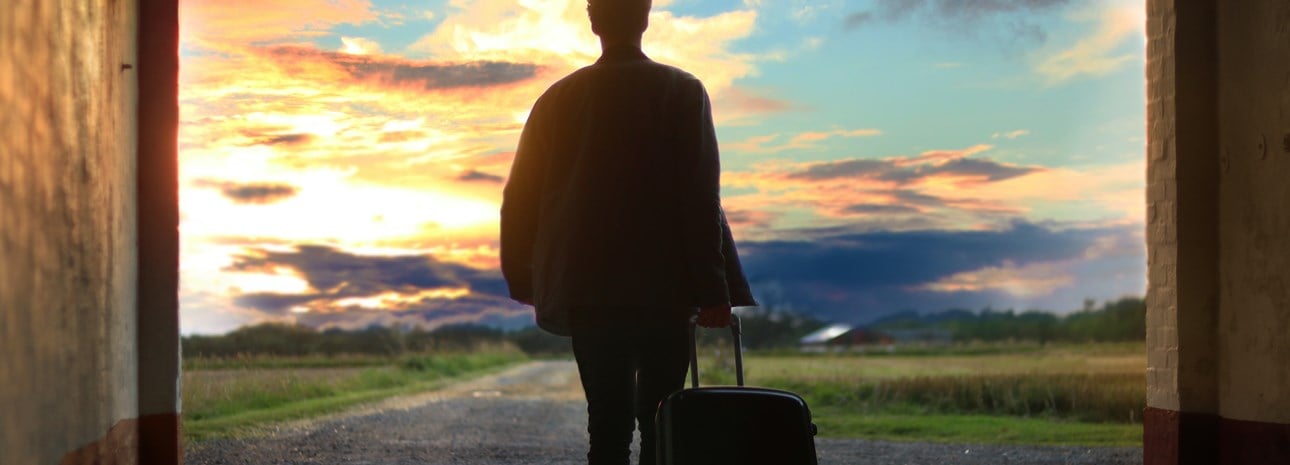D7 Visa

![]() What is it?
What is it?
The D7 visa is less well known than the more publicised Golden Visa.
This visa is sometimes referred to as the ‘passive income visa’ because to qualify, you must demonstrate that you are in receipt of a regular, sustainable income sufficient to support yourself (and your family if applicable) as a resident in Portugal.
![]() What is ‘passive income’?
What is ‘passive income’?
Passive income can come in many different forms such as rental income, dividends or pension income.
The level of income required is a relatively low monthly amount and is based on the Portuguese minimum monthly salary [currently (2021) 665€], net of any social security deductions.
If family members will be joining you, then the monthly required level of passive income increases as follows:
- First adult 100%;
- Second adult and additional adults 50%;
- Children and young people under 18 years of age and non-minor dependent children 30%
![]() Contrast with the Golden Visa scheme and benefits
Contrast with the Golden Visa scheme and benefits
The key benefit of the D7 visa is that there is no initial investment required, unlike under the Golden Visa scheme, so it can be a much more flexible gateway to Portuguese residence.
The D7 visa allows the same route to Portuguese citizenship as the Golden Visa and also provides eligibility into the tax incentivised Non-Habitual Residence scheme (NHR).
The key difference between the Golden Visa scheme is the tax and lifestyle consequence because, unlike the Golden Visa, the D7 visa requires you to spend at least 183 days in Portugal which means you will become Portuguese tax resident. This may actually be beneficial for you (especially in light of the NHR scheme).
If you would like to know more our Real Estate Consultants at Liberty Real Estate can put you in touch with local experts in this area to help you with this analysis. Simply get in touch.




